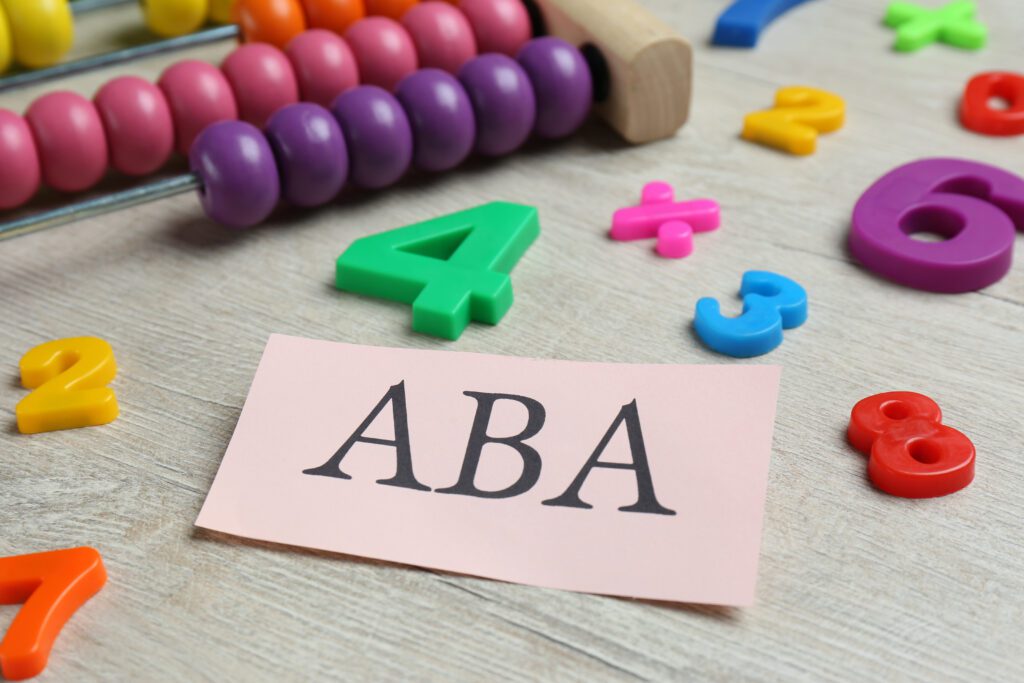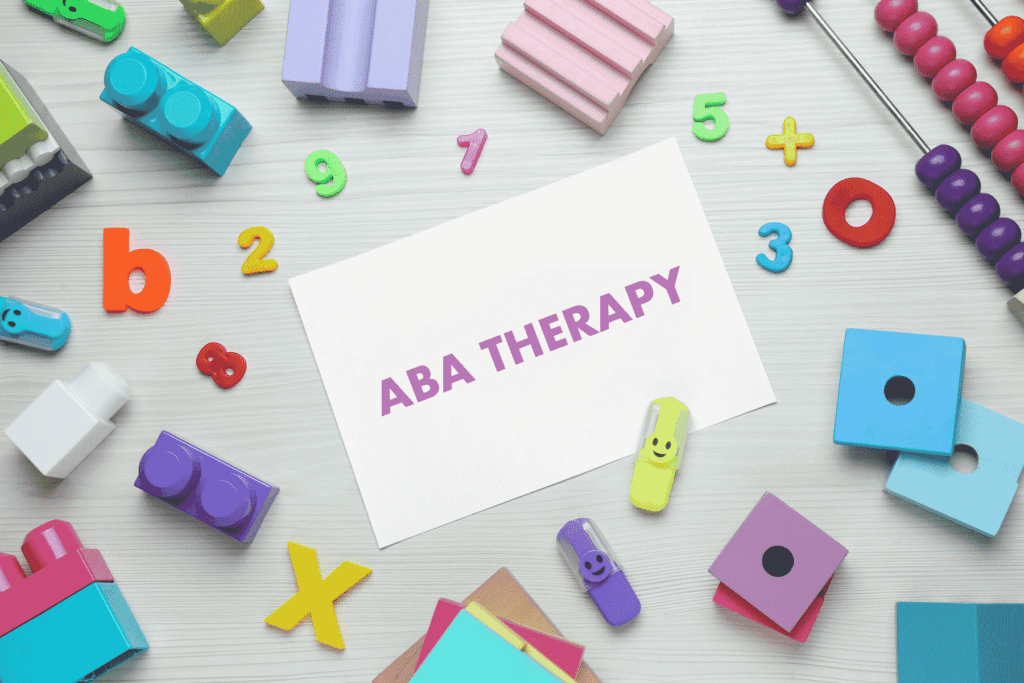Applied Behavior Analysis (ABA) therapy has long been considered the gold standard for treating autism spectrum disorder (ASD) in young children. Its evidence-based approach and personalized strategies make it exceptionally effective. In this blog, we’ll explore the reasons why ABA therapy is so successful in helping children with autism reach their full potential.
The Keys to ABA Therapy for Young Children
Individualized Treatment Plans
One of the primary reasons this therapy is so effective is its focus on creating individualized treatment plans. Every child with autism is unique, and their needs can vary significantly. ABA therapy tailors its strategies to each child’s specific strengths and challenges.

By conducting thorough assessments and ongoing evaluations, therapists can design a personalized plan that targets the areas where a child needs the most support. Phoenix Autism Center encourages early intervention for autism, as this offers the best outcomes for kids. Their centers only treat kids from ages 18 months to 6 years old.
Emphasis on Positive Reinforcement
Applied Behavior Analysis therapy heavily relies on positive reinforcement to encourage desirable behaviors. Positive reinforcement involves rewarding a child when they exhibit a desired behavior, which increases the likelihood of that behavior being repeated.
This approach is highly effective because it motivates children to learn and practice new skills in a supportive environment. Over time, these positive behaviors become more natural and frequent. To ensure that these learned skills transfer to the home environment, our therapists spend at least one hour a week in the home doing family training.
Focus on Measurable Goals
Another key aspect of ABA therapy is its emphasis on setting measurable goals. Therapists work closely with families to establish clear, achievable objectives for the child’s development. These goals are broken down into smaller, manageable steps, making progress easier to track and celebrate. By continually measuring progress, ABA therapists can adjust strategies as needed to ensure the child continues to advance.
Improvement in Social Skills
Many children with autism struggle with social interactions. ABA therapy addresses this by teaching essential social skills through structured activities and play. Therapists use role-playing, modeling, and other techniques to help children learn how to communicate, share, take turns, and understand social cues. Improved social skills can significantly enhance a child’s ability to form relationships and navigate social situations more effectively.
Enhanced Communication Abilities
Communication difficulties are a common challenge for children with autism. ABA therapy focuses on developing both verbal and non-verbal communication skills. Through various exercises and tools, such as picture exchange communication systems (PECS) and speech therapy techniques, children learn to express their needs, desires, and emotions more clearly. Enhanced communication not only reduces frustration but also fosters greater independence.
Reduction in Problematic Behaviors
ABA therapy is also effective in reducing problematic behaviors that can interfere with a child’s learning and daily life. By identifying the triggers and functions of these behaviors, therapists can develop strategies to replace them with more appropriate actions. This might involve teaching alternative behaviors that serve the same function or altering the environment to prevent the behavior from occurring.
ABA Therapy Allows Kids With Autism To Thrive
ABA therapy’s success in treating young children with autism lies in its structured yet flexible approach. By focusing on individualized treatment plans, positive reinforcement, measurable goals, social skills, communication abilities, and behavior reduction, ABA therapy provides a comprehensive framework for helping children with autism thrive.
Reach out to us today to begin your child’s personalized journey with our evidence-based, early intervention ABA therapy, meticulously tailored to meet your child’s unique needs and potentials.




